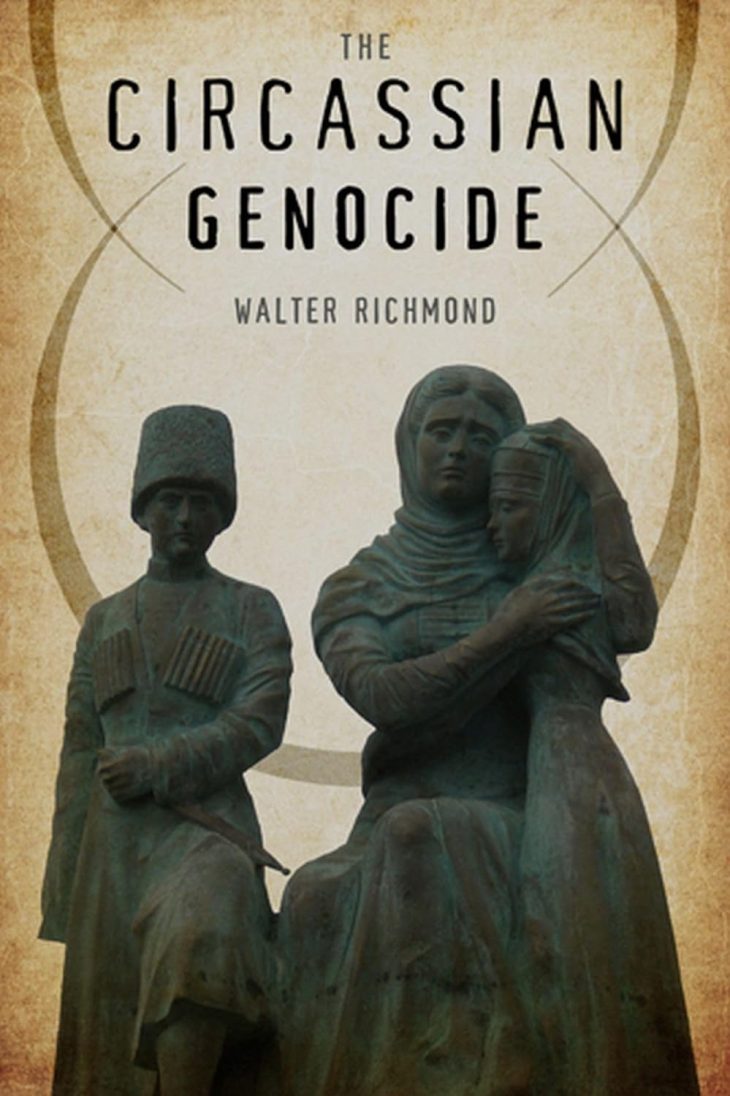
Word of the Day: Apathetic
Today’s word of the day, courtesy of the New York Times, is apathetic. Apathetic means “having or showing little or no emotion” or “not interested or concerned; indifferent or unresponsive” (https://www.dictionary.com/browse/apathetic). Merriam-Webster defines it as “affected by, characterized by, or displaying apathy” (https://www.merriam-webster.com/dictionary/apathetic), one of those definitions that requires you to look up another word. So let’s do that.
Apathy means “absence or suppression of passion, emotion, or excitement” or “lack of interest in or concern for things that others find moving or exciting” or “freedom from emotion of any kind” (https://www.dictionary.com/browse/apathy). That last definition is related to the philosophy called Stoicism.
Apathetic entered the English language in “1744, apathetick, from apathy + -ic, on model of pathetic, also from 1744” (https://www.etymonline.com/word/apathetic#etymonline_v_26392
Apathy entered the language “c. 1600, ‘freedom from suffering, passionless existence,’ from French apathie (16c.), from Latin apathia, from Greek apatheia ‘freedom from suffering, impassibility, want of sensation,’ from apathēs ‘without feeling, without suffering or having suffered,’ from a- ‘without’ (see a-) + pathos ‘emotion, feeling, suffering’ (from PIE root *kwent(h)- ‘to suffer’). Originally a positive quality; the sense of ‘indolence of mind, indifference to what should excite’ is by 1733” (ibid.).
The -ic part of the word appears in “Middle English -ik, -ick, word-forming element making adjectives, ‘having to do with, having the nature of, being, made of, caused by, similar to,’ from French -ique and directly from Latin -icus or from cognate Greek -ikos ‘in the manner of; pertaining to.’ From PIE adjective suffix *-(i)ko, which also yielded Slavic -isku, adjectival suffix indicating origin, the source of the -sky (Russian -skii) in many surnames” (ibid.).
In the “Did You Know” section, Merriam-Webster adds this: “Apathy, or lack of emotion, is central to Albert Camus’s famous novel The Stranger, in which the main character’s indifference toward almost everything, including his mother’s death, results in his imprisonment. We feel little sympathy for him, and may even feel antipathy, or dislike. The American voter is often called apathetic; of all the industrial democracies, only in America does half the adult population fail to vote in major elections. As you can see, apathetic isn’t the opposite of pathetic, even though the a- that it begins with means ‘not’ or ‘without’” (https://www.merriam-webster.com/dictionary/apathetic).
According to On This Day, on this date in 1864, Russia declared an end to the Russo-Circassian War.
The what?
The Circassian people are a people who lived in the northwestern part of the Caucasus, just east of the Black Sea: “The ancestors of present-day Circassians are known as the Sind-Maeot tribes. Archaeological research shows that these tribes were the indigenous people of the Caucasus. Some researchers have claimed there may be links between Circassians and Indo-European-speaking communities (https://en.wikipedia.org/wiki/Circassians). Early in the first millennium AD, the Circassians took Christianity from the Greeks and Armenians, although they maintained some of their earlier religious practices. The Caucusus in general then became a route for eastern groups to get to the west.
In the 17th century, many Circassians converted to Islam from Christianity. They were dominated by the Ottoman Empire and threatened by Crimean Tatars. But in 1708, the Circassians defeated the Crimean Tatars at the battle of Kanzhal, a significant achievement against the odds (ibid.).
But in 1714, Peter the Great of Russia decided that Russia needed to, or deserved to, occupy the Caucasus, including the native lands of the Circassians. He laid the foundation for this plan, but it took Catherine the Great to actually implement it. The Russian strategy was to build forts throughout the Crimea in order to dominate the land. The result was that the Circassians made these forts targets of raids. The Russian military response to these raids was to destroy crops and villages and to kill civilians.
Finally, in May of 1864, at a place now called Krasnaya Polyana (red meadow or red fields) 100,000 Russian troops defeated and wiped out 20,000 Circassian cavalry. The Circassians were defeated utterly (ibid.).
The feeling among Russian military and government types was that the Circassians needed to be eliminated. Many were killed, or starved to death, or burnt in their villages. But many were also forced to leave their homeland, pushed into the Ottoman Empire, which actually welcomed the survivors, recognizing them as fierce warriors. But by the time this happened, hundreds of thousands, maybe millions, of Circassians had died (https://en.wikipedia.org/wiki/Circassian_genocide). “The Circassian genocide was also the deadliest ethnic cleansing campaign of the 19th century.[32] Calculations, including taking into account the Russian government’s archival figures, have estimated a loss of 94–97% of the Circassian population” (ibid.).
Until I started looking for items of interest for today’s blog, I had never heard of the Circassians. I’m guessing that most of you have never heard of them either. With so many things to worry about in the world today, it is kind of hard to generate a lot of sympathy for people we have never heard of. But one of the good things about reading history, even if only casually, is to learn not to be apathetic about people who live far away from us, in space and in time.
If you find yourself wanting to know more about the Circassian people and the Circassian genocide, Walter Richmond published this book in 2013 (https://www.amazon.com/Circassian-Genocide-Political-Violence-Human/dp/0813560683).